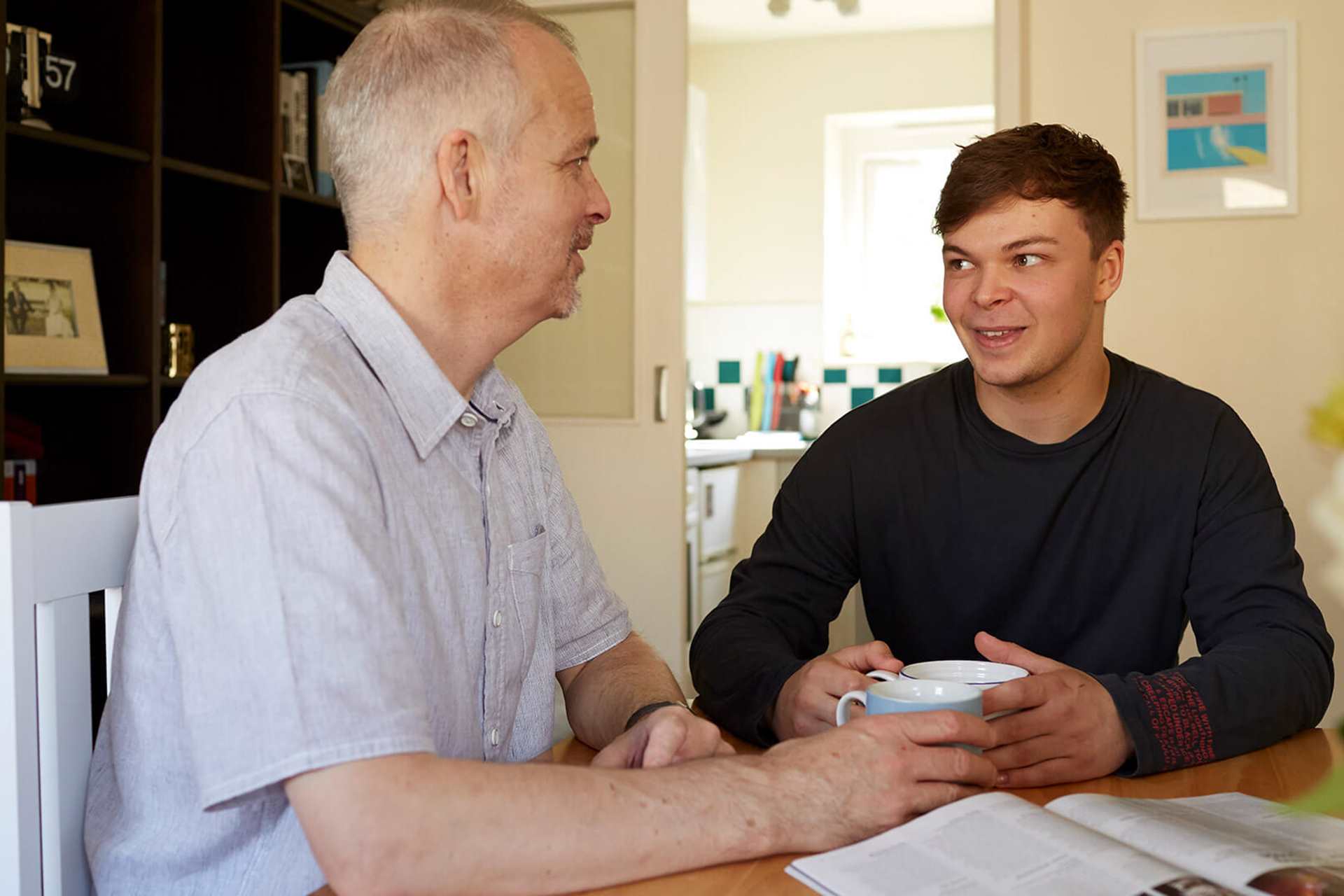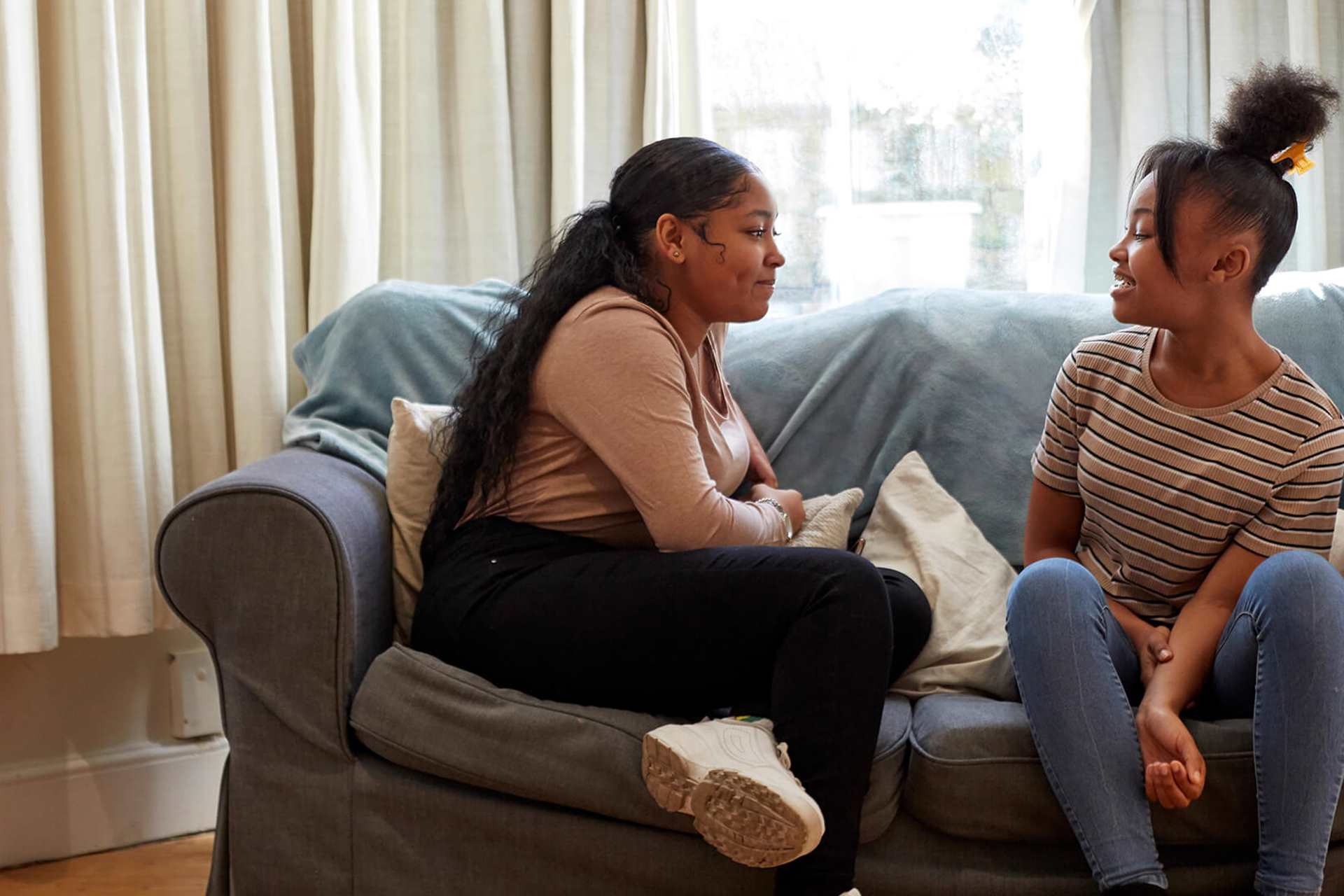Topics mentioned: down and unable to cope, anger, alone and misunderstood, depression, anxiety
About: Living daily with chronic pain can be exhausting and have an impact on your mental health. Our blogger Becky shares what helped her cope.
Much like mental health problems, chronic pain isn’t always visible so it can be difficult for other people to understand the pain you feel.
My experience with chronic pain
Chronic pain can be exhausting and isolating. When I was ten years old, I suffered with chronic pain syndrome in my foot. Originally starting with a badly stubbed toe, the chronic pain got progressively worse as the wound healed.
This was confusing not only for myself, but also for friends and family around me, as you couldn’t see any physical cause of pain anymore. Much like mental health problems, chronic pain isn’t always visible so it can be difficult for other people to understand the pain you feel.
I found that there was little awareness or knowledge of chronic pain syndrome, which led to a drawn-out process of misdiagnosis and going back and forth to various hospitals. ‘Invisible’ pain is mentally exhausting. The worse the pain became, the lower my mood would stoop.
I was in Year 6 but had to take the majority of my final year at junior school off. I missed out on the excitement of leaving school, SATs, final year productions and being with my friends. Soon, confined to a wheelchair, my leg had become hypersensitive. The pain was affecting every part of my life and a month-long hospital stay for an intensive physio course was on the horizon.
Much like mental health problems, chronic pain isn’t always visible so it can be difficult for other people to understand the pain you feel.
How chronic pain affected my mental health
Other than the obvious symptom of pain, chronic illness can be massively strenuous on your mind and your mental health. For me, the feelings I particularly struggled with were:
- Isolation: When pain is not in plain sight, some people struggle to understand that it’s there and affecting your life. Nobody was feeling what I was, and trying to explain this phantom pain was impossible sometimes.
- Low mood: Being in pain 24/7 is exhausting and it can bring you down. Feeling trapped by my illness took its toll on my mood and I was stooping into depression. Anxiety was also growing the more I was stuck inside, with my only outings being to the hospital.
- Anger: I was frustrated with so many aspects of my condition. I would ask my mum, "Why me?" Chronic pain is long-lasting and cures (if they even exist) are not always straightforward. I was misdiagnosed with a bone tumour before getting told it was actually chronic pain syndrome. The fact that nobody seemed to really know what was wrong was really difficult to comprehend.
I was frustrated with so many aspects of my condition. I would ask my mum, "Why me?"
What helped me cope
I was able to get back on my feet again through intensive therapies including physio, hydrotherapy and occupational therapy.
Some other things that aided recovery were:
-
I had a strong support network
I had a strong support network of friends, family and doctors. Without them, my journey would have been very different. It is okay to rely on the people around you and reach out for help. You are only human and having to deal with so much - young or old - is not something you should have to tackle on your own.
-
I talked to others in my position
When people believe that the pain you are feeling, although they can’t see it, is excruciating and affecting your mood, it makes you feel less alone. Reading blogs like this, or talking to other sufferers can be helpful to find comfort in similar situations.
-
I held onto successes
No matter how big or small, break-throughs in recovery should be celebrated and used to find hope and courage to carry on – because you are strong enough to get through this!
More information and advice
We have tips and advice to help you find the support you need. Take a look at our guides.
Where to get help
However you're feeling, there are people who can help you if you are struggling. Here are some services that can support you.
-
The Mix
Free, short-term online counselling for young people aged 25 or under. Their website also provides lots of information and advice about mental health and wellbeing.
Email support is available via their online contact form.
They have a free 1-2-1 webchat service available during opening hours.
- Opening times:
- 4pm - 11pm, Monday - Friday
-
CALM (Campaign Against Living Miserably)
Provides support to anyone aged 16+ who is feeling down and needs to talk or find information.
Free webchat service available.
Read information about the helpline and how it works.
- Opening times:
- 5pm - midnight, 365 days a year
-
Shout
Text SHOUT to 85258.
Shout provides free, 24/7 text support for young people across the UK experiencing a mental health crisis.
All texts are answered by trained volunteers, with support from experienced clinical supervisors.
Texts are free from EE, O2, Vodafone, 3, Virgin Mobile, BT Mobile, GiffGaff, Tesco Mobile and Telecom Plus.
Texts can be anonymous, but if the volunteer believes you are at immediate risk of harm, they may share your details with people who can provide support.
- Opening times:
- 24/7






